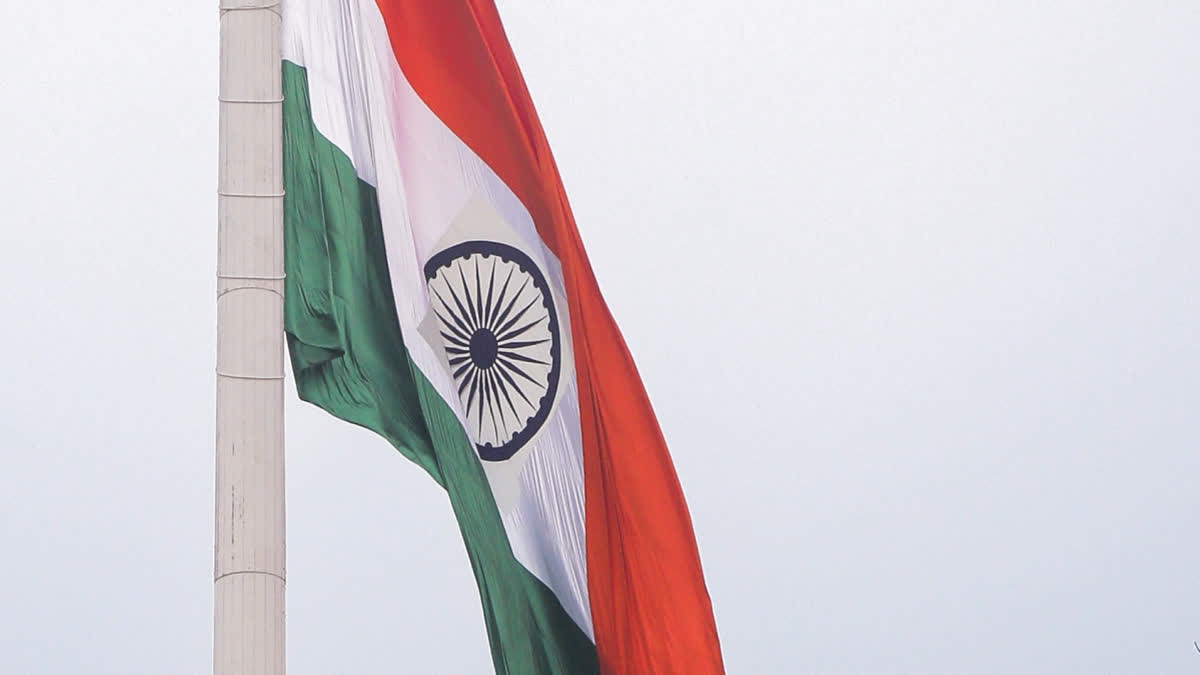Davos: India has slipped one place to the third slot when it comes to people's trust in the government, businesses, media and NGOs, while the low-income population is far less trusting than their richer counterparts, a study showed here on Monday.
The annual Edelman Trust Barometer, now in its 25th year, released before the start of the World Economic Forum Annual Meeting, also showed that India ranks low at 13th place when it comes to trust of people in other countries, in companies with Indian headquarters.
Canada topped this list of foreign-headquartered companies, followed by Japan, Germany, the UK, France and the US, while those ranked higher than India also included Mexico, South Africa, Saudi Arabia, China and Brazil.
The overall list for the trust of the general population in the government, businesses, media and NGOs was again topped by China, while Indonesia replaced India for the second spot with an increased score despite the Indian score remaining unchanged.
The survey of 28 countries saw Japan replacing the UK at the bottom. In most countries, including India, the low-income population was far less trusting than the high-income group.
Within the high-income group, India was ranked fourth after Indonesia, Saudi Arabia and China, while the low-income population made India the third most trusted nation after China and Indonesia.
However, the percentage of the low-income population reposing faith in Indian institutions stood far less at 65 per cent, as against 80 per cent in the case of high-income people.
Globally, the survey also threw out some disturbing trends with violence and the spread of disinformation now being seen as legitimate tools for change. The survey showed little impact of elections or change of governments in most countries.
Global communications firm Edelman, which surveyed more than 33,000 respondents across 28 countries, said the barometer revealed that economic fears have metastasized into grievance, with six in 10 respondents reporting a moderate to high sense of grievance.
This is defined by a belief that government and business harm them and serve narrow interests, and ultimately the wealthy benefit while regular people struggle, it said.
Fear of experiencing discrimination has surged 10 points to a record high of 63 per cent, spanning the majority across all genders, ages, and income levels. The largest jump (14 points) was seen among whites in the US, the barometer showed.
"Over the last decade, society has devolved from fears to polarization to grievance," Edelman CEO Richard Edelman said.
The survey also flagged an global unprecedented lack of faith in institutional leaders -- an average of 69 per cent of respondents worry that government officials, business leaders and journalists deliberately mislead them. This average number has increased by 11 points since 2021.
It also underlined confusion over credible information -- 63 per cent said it's becoming harder to tell if the news was produced by a respectable source or from attempted deception.
Alarmingly, four in 10 respondents – 53 per cent of those aged 18-34 – approved of one or more forms of hostile activism to bring about change, which includes attacking people online, intentionally spreading disinformation, threatening or committing violence, and damaging public or private property.
Other key findings included a lack of trust in top economies. Five of the largest 10 global economies were among the least trusting nations on the Trust Index: Japan (the least trusting at 37 per cent), Germany (41), the UK (43), the US (47) and France (48).
Developing nations turned out to be more trusting -- China (77 per cent), Indonesia (76), India (75) and the UAE (72) once again were on top of the Trust Index. Despite a 3-point drop to 75 per cent trust among employees, 'my employer' remained the most trusted institution globally.
The survey also found that the wealthy are seen as the problem with a majority of people believing that the rich avoid paying their fair share of taxes (67 per cent), and 65 per cent blamed their selfishness for many of the general people's problems.



